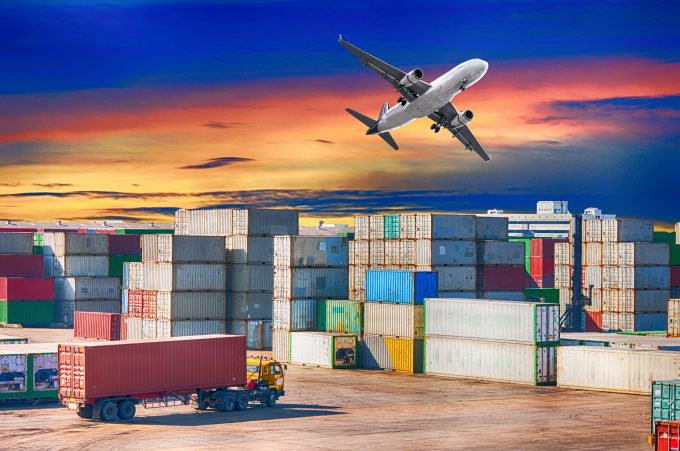LL: New US administration, new leaders of US maritime regulation
Lloyd’s List reports: IT IS a new political era in the US with the arrival of ...

Western governments are looking to increase supply chain resilience as efforts to pull away from over-reliance on China and to mitigate concerns of its ’malign influence’ continue.
These noises have drawn the support of industry, with UK trade associations urging the government add a minister of logistics to the cabinet, while in the US, the formation of a Supply Chain Council has been followed by amendments to its shipping laws.
Cross-party support saw US lawmakers pass ...
Asia-USEC shippers to lose 42% capacity in a surge of blanked sailings
USTR fees will lead to 'complete destabilisation' of container shipping alliances
New USTR port fees threaten shipping and global supply chains, says Cosco
Outlook for container shipping 'more uncertain now than at the onset of Covid'
Transpac container service closures mount
DHL Express suspends non-de minimis B2C parcels to US consumers
Zim ordered to pay Samsung $3.7m for 'wrongful' D&D charges
Flexport lawsuit an 'undifferentiated mass of gibberish', claims Freightmate

Comment on this article